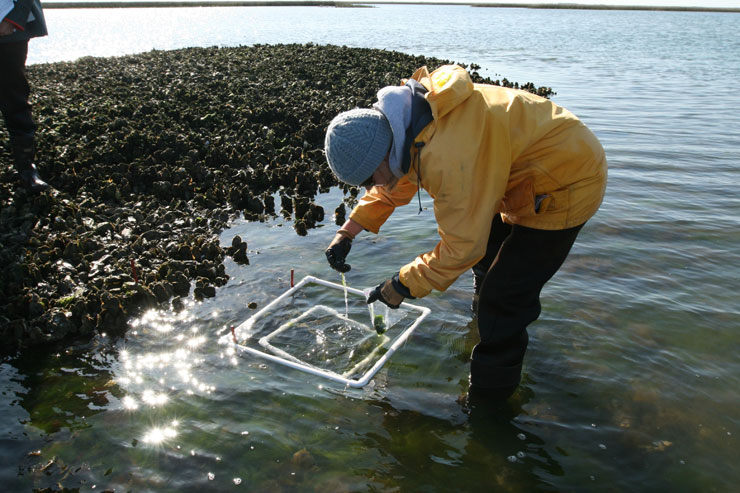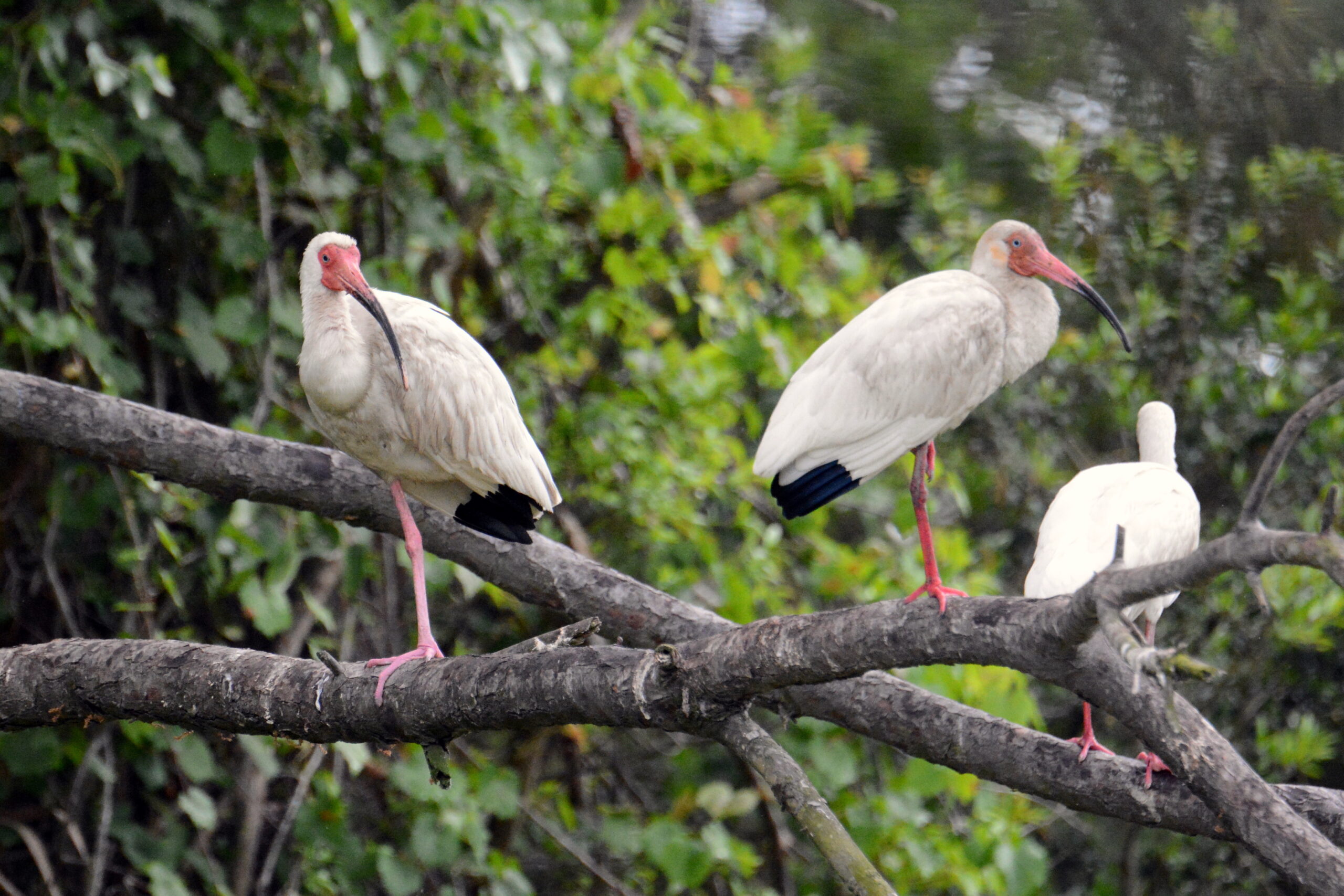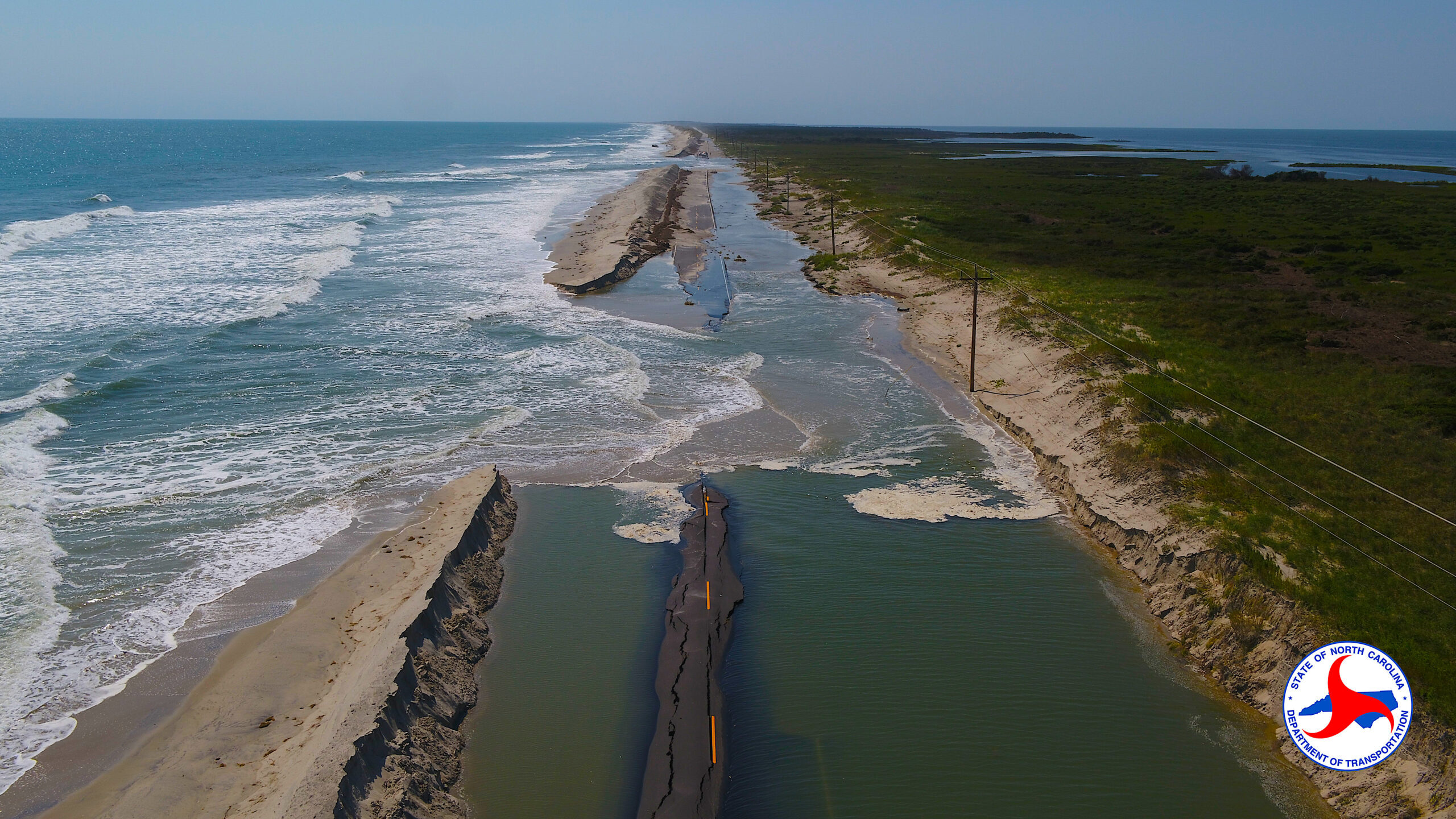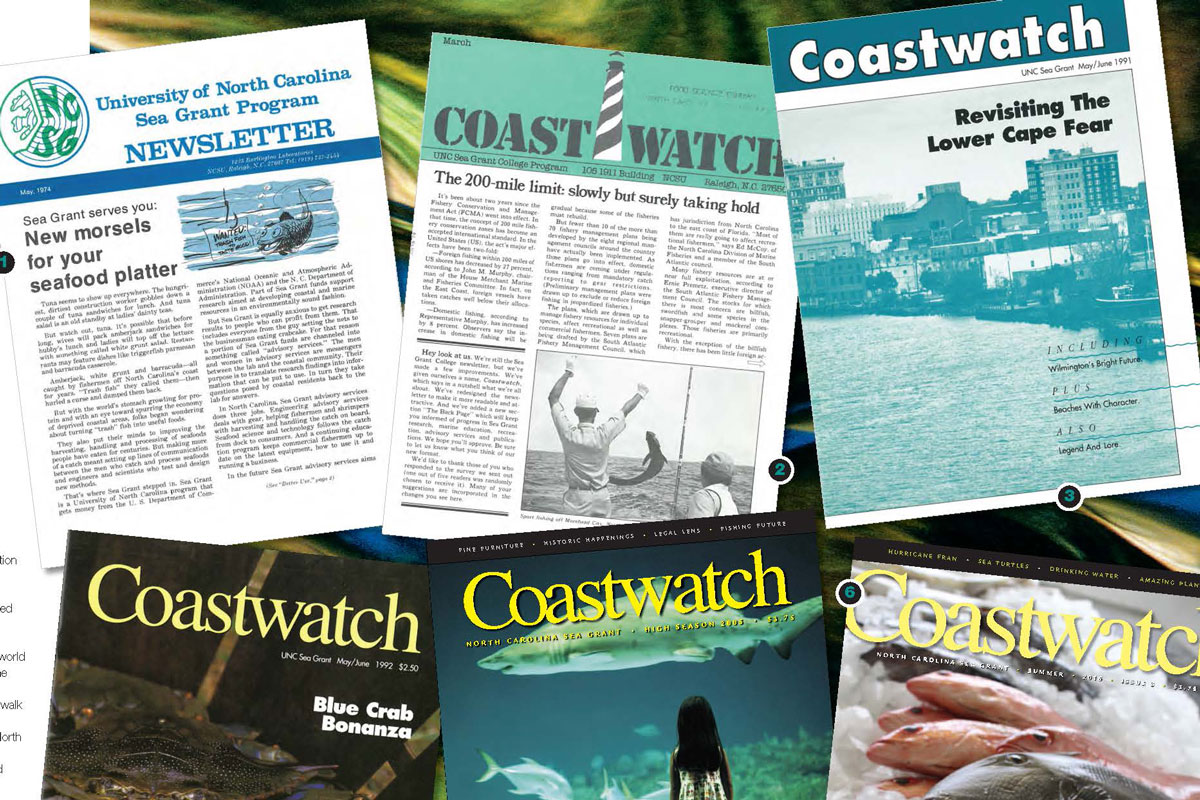
Winter 2017
A WALK ON THE PAGE: Looking Back on Four Decades of Coastwatch
In some form or another, Coastwatch has been in existence since 1974 — 43 years.
Read MoreMore From Winter 2017
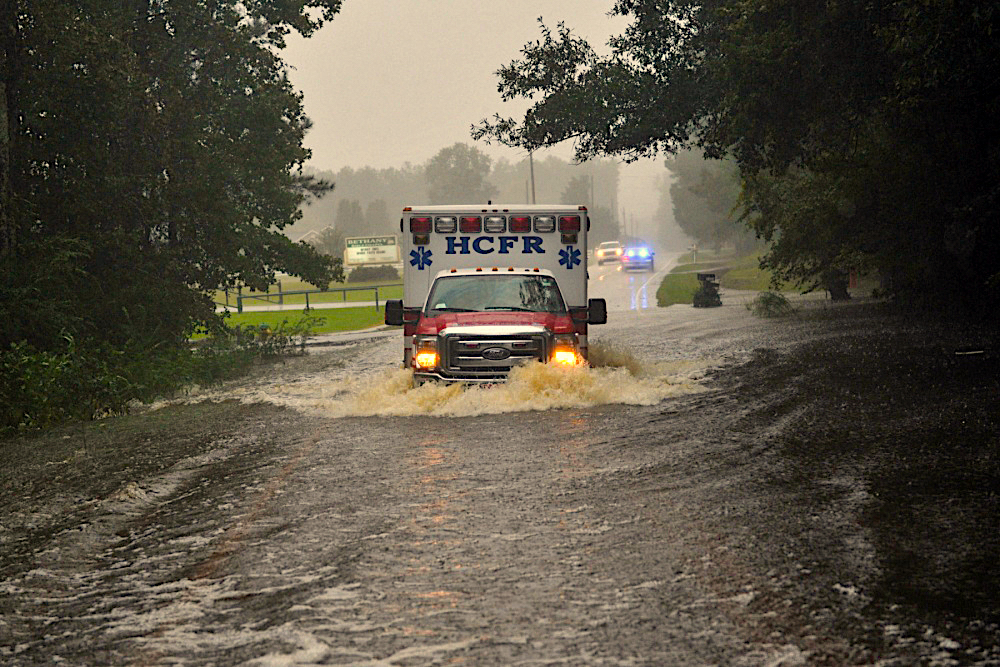
CURRENTS: Identifying Innovative Recovery Strategies
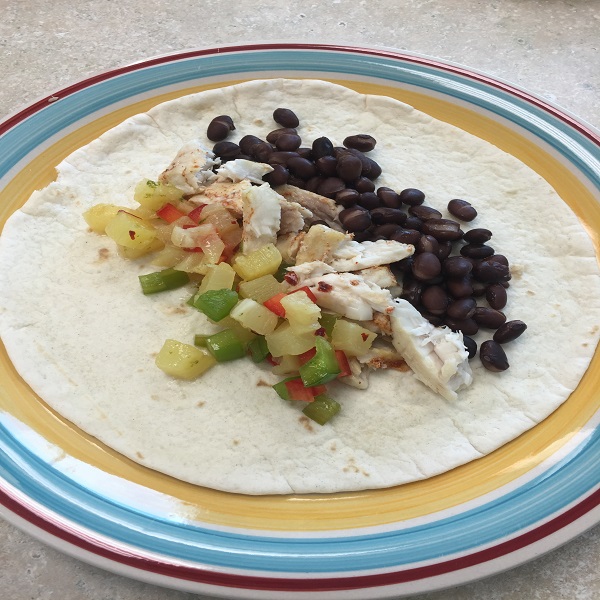
DEVELOPING RECIPES, NOURISHING THE COMMUNITY
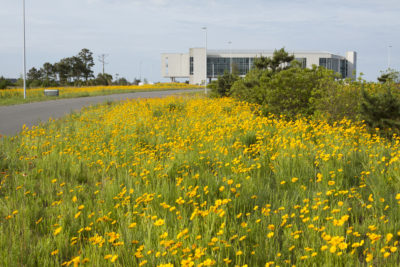
FROM THE EXECUTIVE DIRECTOR: Looking Forward To Spring: Research, Results and Renewal
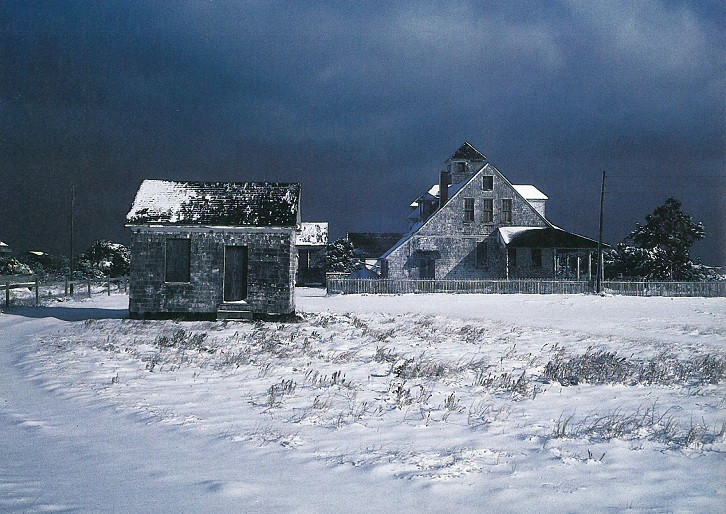
LAST WORD: RENEWAL
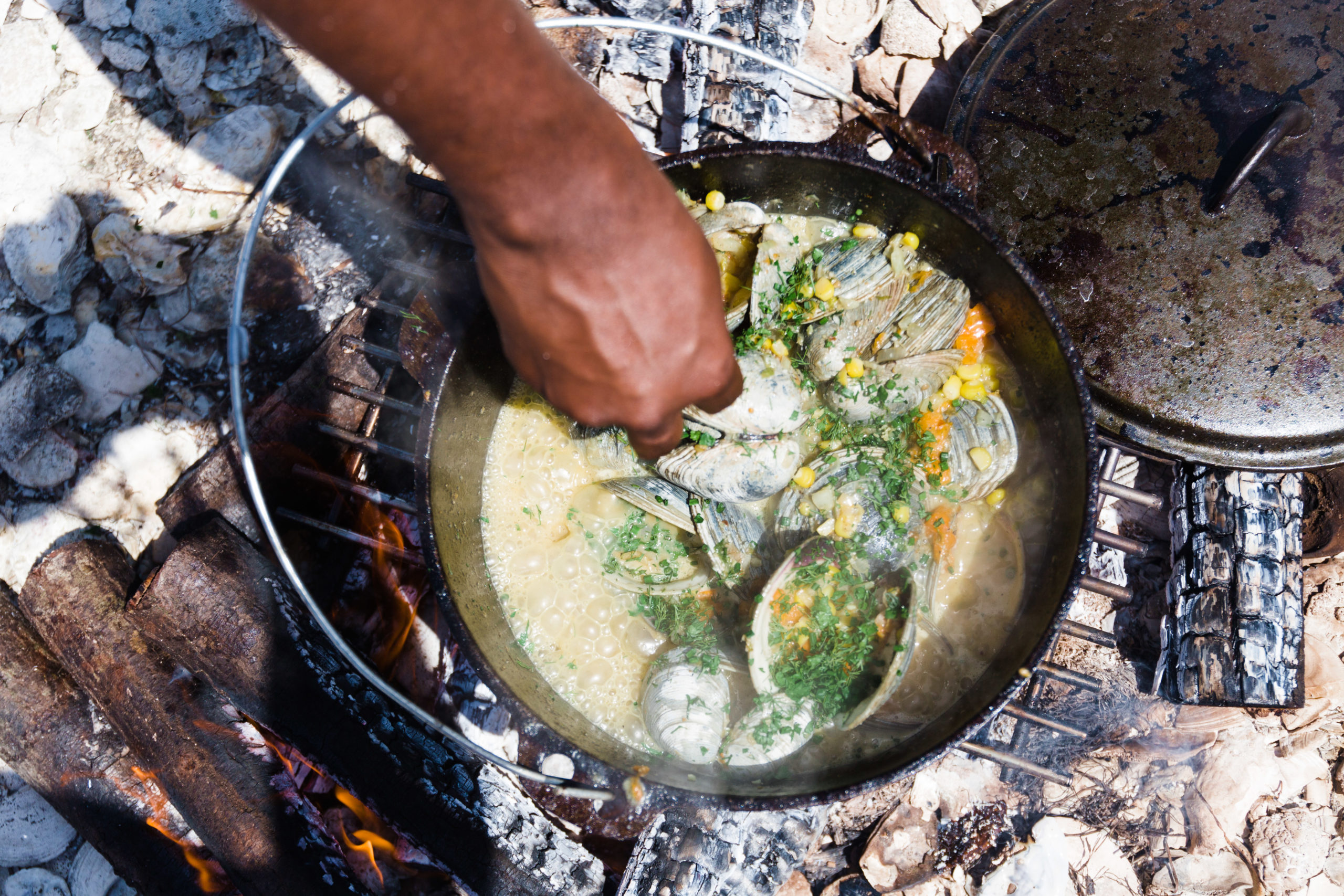
MARINER’S MENU: As American as Southern Seafood
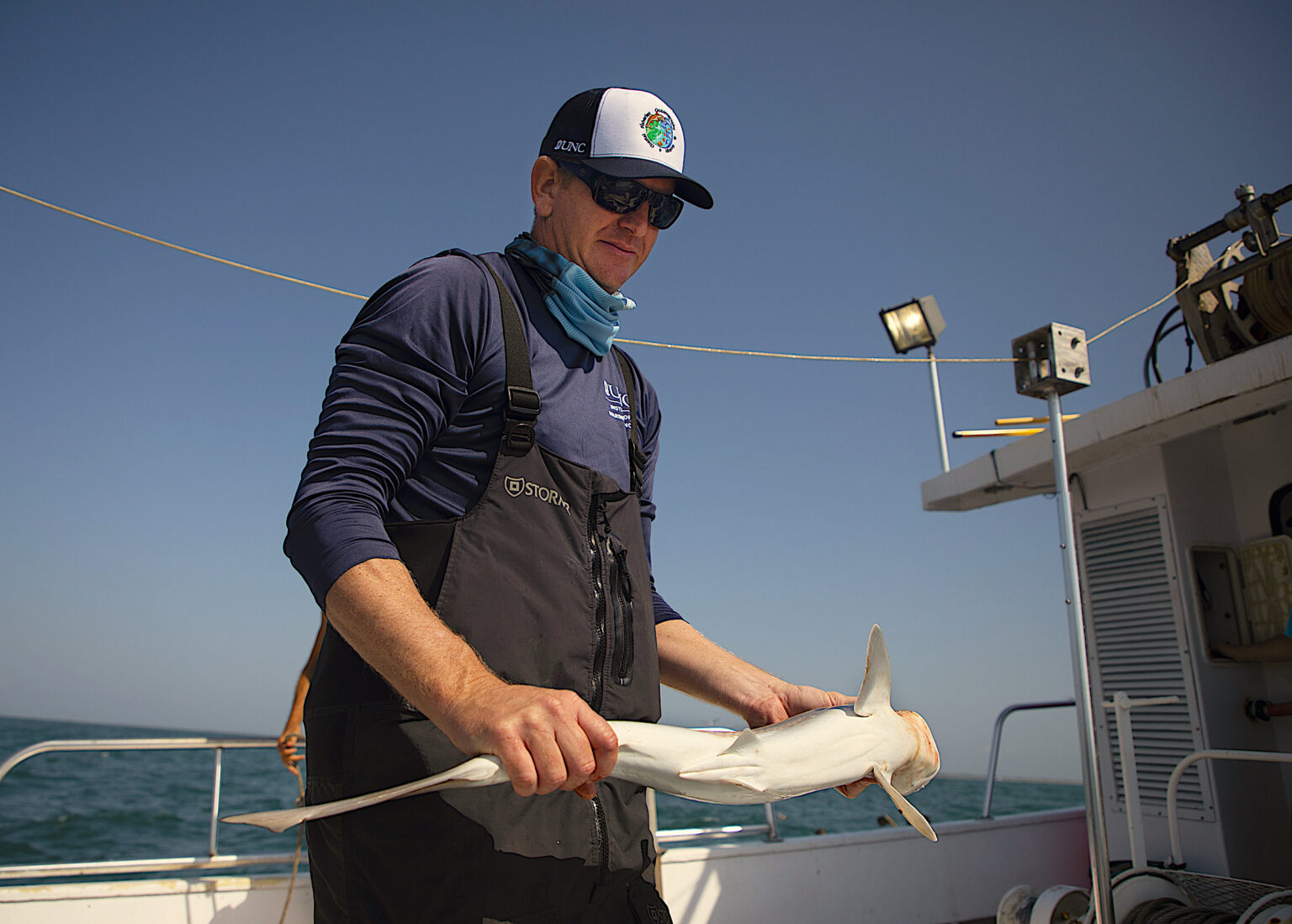
NC MARINE FISHERIES FELLOWS: Where Are They Now?
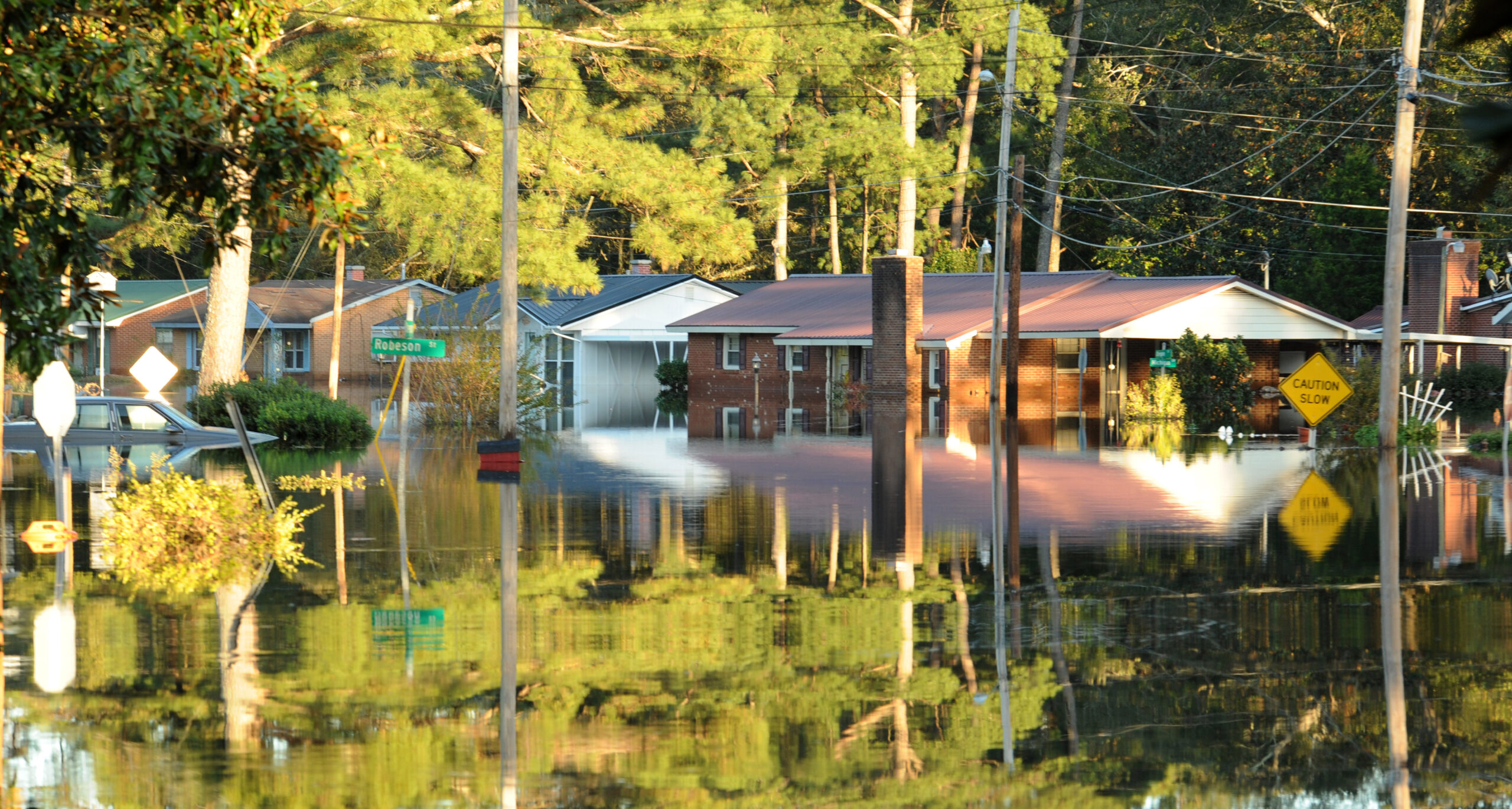
Preserving Cultural Treasures
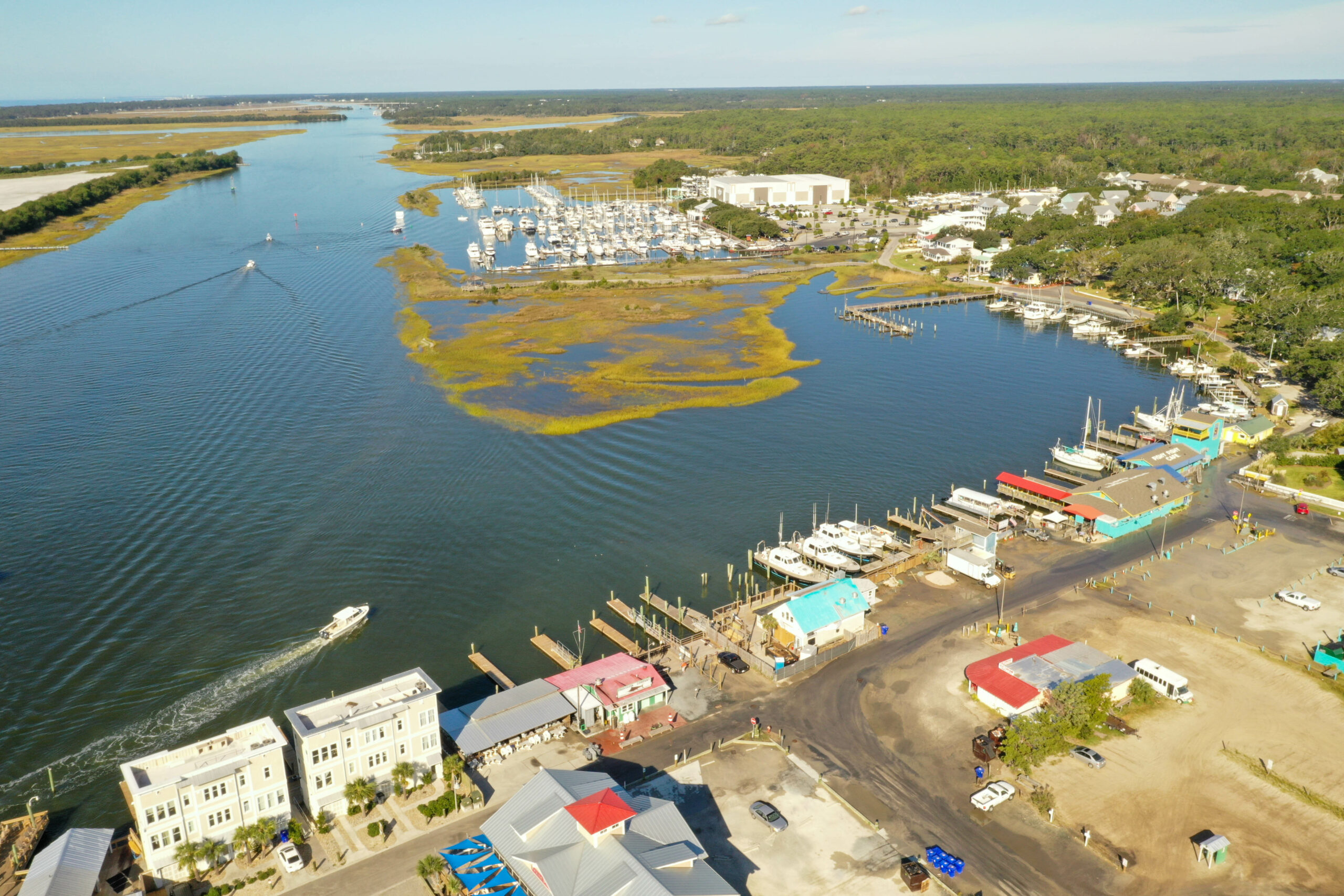
PROJECT SNAPSHOTS: Peek Into Coastal North Carolina Research
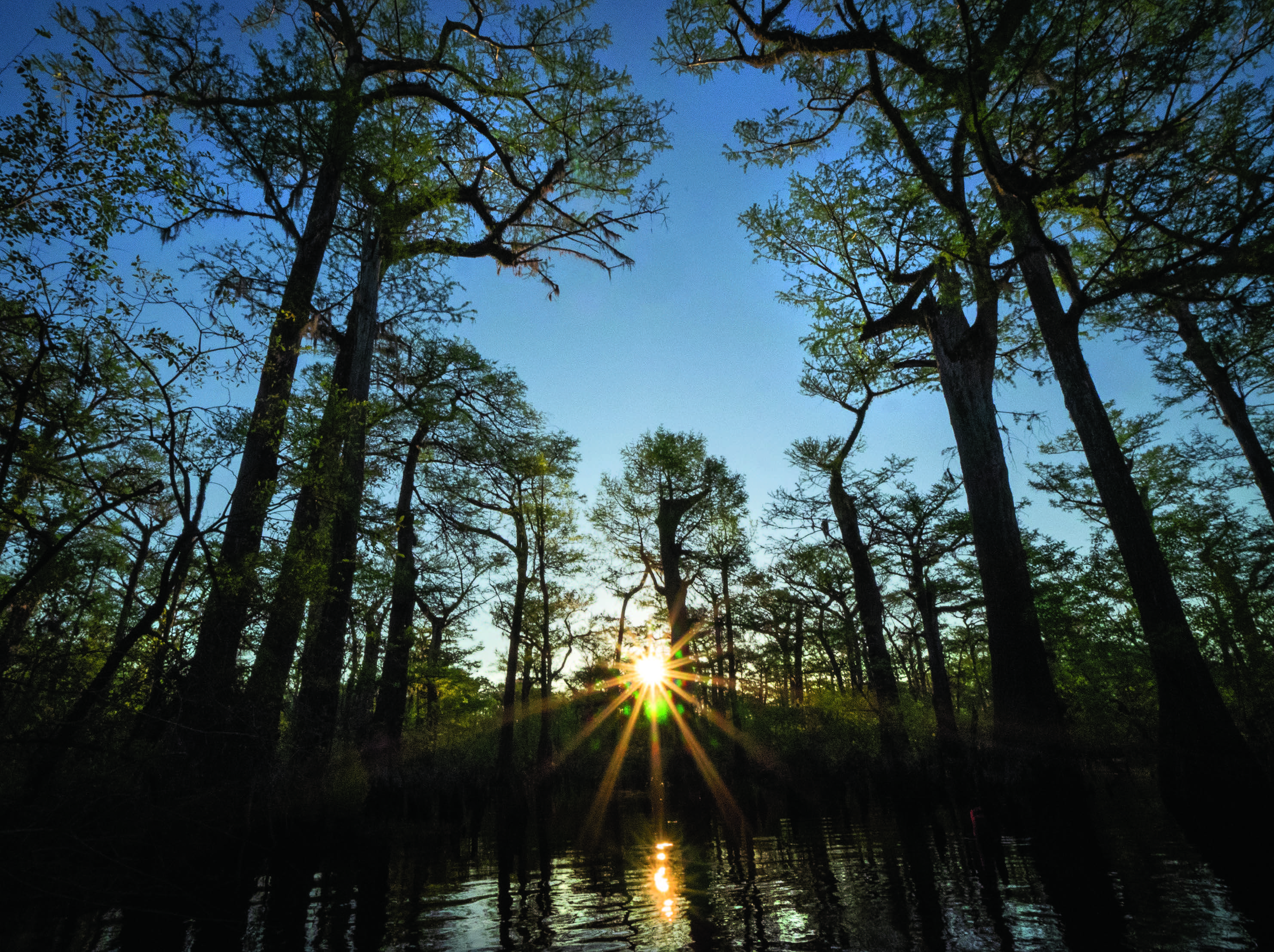
SEASONAL DREAMS AND DELIGHTS
